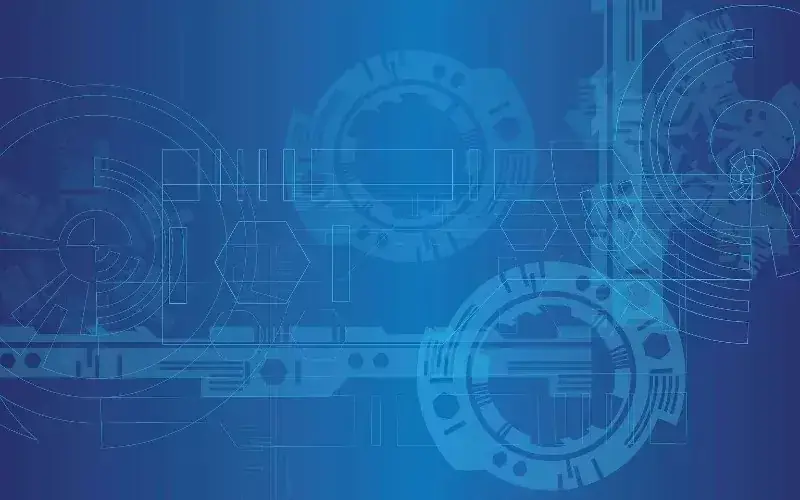A business leader and expert in big data has issued a stark warning about the impact of artificial intelligence (AI) on the job market over the next century. Amir Orad, the CEO of a business intelligence company, has highlighted that even jobs within the AI sector are at risk of becoming obsolete due to the technology’s rapid advancement.
According to Orad, AI is set to have a far more transformative effect on jobs than the advent of computers did over the last hundred years. He stresses that this process of job elimination is not a future concern; it is already happening and will only accelerate.
Orad predicts that tasks traditionally associated with modern jobs, such as coding, are becoming increasingly automated. He describes coding as a “tedious, manual process,” suggesting that much of this work will soon be handled by AI systems. This poses a dilemma for those planning careers in AI, as the technology is improving its own processes, potentially reducing the need for human specialists.
However, Orad emphasises that AI specialists will not become irrelevant. Despite AI taking over many current tasks, there will still be a role for human expertise, particularly in areas that require creativity and problem-solving skills. “At the pace that the technology is developing, there is the possibility that there will be a wave of newly minted AI graduates moving into a market where much of the labour-centric activity in AI has been taken over by the AI itself,” he explains.
Optimistically, Orad believes that students and professionals should not abandon AI but should rather enhance their studies with creative and entrepreneurial applications. He suggests that integrating liberal arts education can be beneficial, as future roles will likely value innovation, empathy, and creative problem-solving – attributes currently beyond AI’s capabilities.
In his view, the future job market will favour roles that leverage human creativity and emotional intelligence. “Innovation, creative problem solving, and empathy are currently out of reach for AI; computing jobs that require those characteristics will be the future of that industry,” he asserts. Orad remains optimistic, maintaining that there will always be work for humans that machines cannot perform.
Orad’s insights suggest that while AI will significantly disrupt many traditional job roles, careers that emphasise creativity and human ingenuity will remain vital. As AI continues to evolve, the job market will increasingly prioritise skills that machines are unable to replicate.

